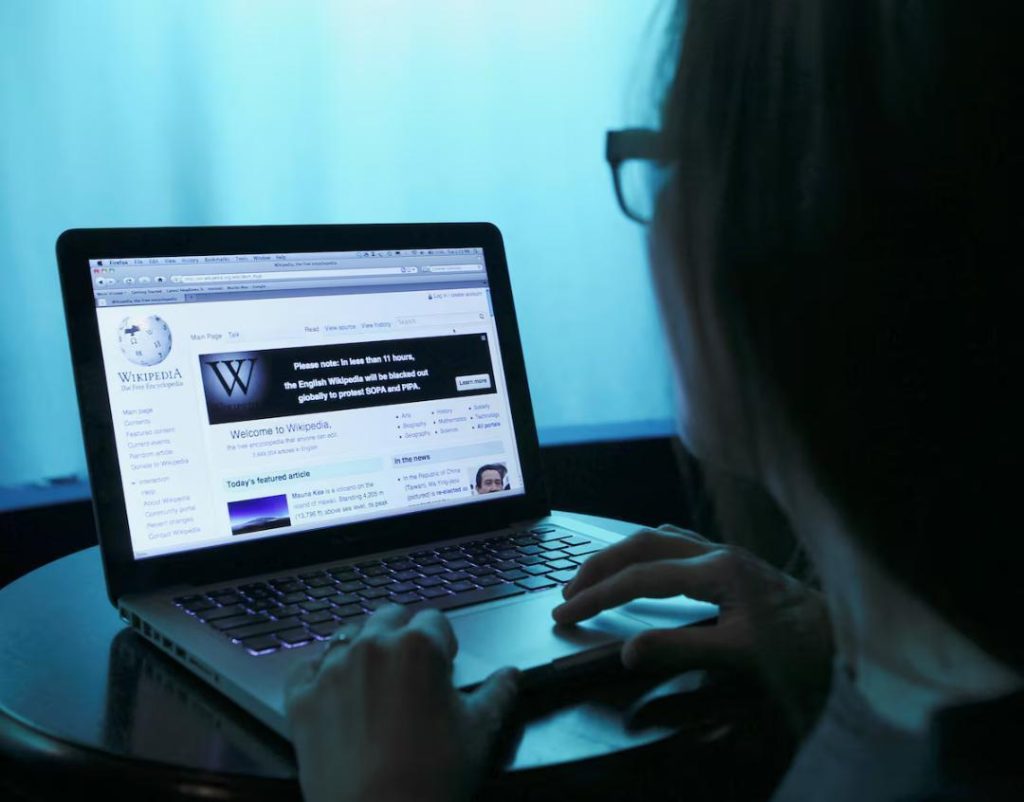
Wikipedia Appeals Court Order to Remove Content about ANI: Report
In a significant development, Wikipedia’s operator has challenged a Delhi court’s order to remove statements from its page that the court said defamed news agency ANI. According to a report by Reuters, the Wikimedia Foundation, the parent company of Wikipedia, has appealed the court’s order, citing freedom of speech and academic freedom as the reasons for its decision.
Last year, ANI sued the Wikimedia Foundation in the Delhi High Court, claiming that the encyclopedia defamed it by describing it as a propagator of government propaganda on its website. ANI, which is a popular news agency in India, alleged that the statements on Wikipedia were false and damaged its reputation.
The Delhi court had ordered Wikipedia to remove the statements in question, stating that they were defamatory and had harmed ANI’s reputation. However, the Wikimedia Foundation has now appealed this order, arguing that the statements were based on reliable sources and were intended to provide a neutral and balanced view of the news agency.
The Wikimedia Foundation’s appeal is being seen as a significant test case for the principles of free speech and academic freedom in the digital age. The organization is arguing that the court’s order would have a chilling effect on the ability of online platforms to provide accurate and balanced information about public figures and organizations.
“This is a critical moment for the principles of free speech and academic freedom online,” said a spokesperson for the Wikimedia Foundation. “We believe that the court’s order would have a disproportionate impact on the ability of online platforms to provide accurate and balanced information about public figures and organizations. We are committed to upholding these principles and ensuring that the public has access to reliable and trustworthy information.”
The dispute between ANI and the Wikimedia Foundation highlights the complex issues surrounding online content and the need for a nuanced approach to regulating it. While ANI has legitimate concerns about its reputation and the accuracy of the information on Wikipedia, the Wikimedia Foundation has a responsibility to uphold the principles of free speech and academic freedom.
The case also raises important questions about the role of technology companies in regulating online content. Should they be held responsible for the accuracy of the information on their platforms, or should they be allowed to rely on the principles of free speech and academic freedom to guide their decisions?
The outcome of this case will have significant implications for the online landscape, and will likely shape the way that technology companies approach the issue of online content in the future. As the dispute between ANI and the Wikimedia Foundation continues to unfold, it will be important to consider the broader implications of this case for the principles of free speech and academic freedom online.
In conclusion, the appeal by the Wikimedia Foundation against the Delhi court’s order to remove content about ANI is a significant development in the ongoing debate about online content and the principles of free speech and academic freedom. As the case continues to unfold, it will be important to consider the broader implications of this dispute for the online landscape, and to ensure that the principles of free speech and academic freedom are upheld in the digital age.





